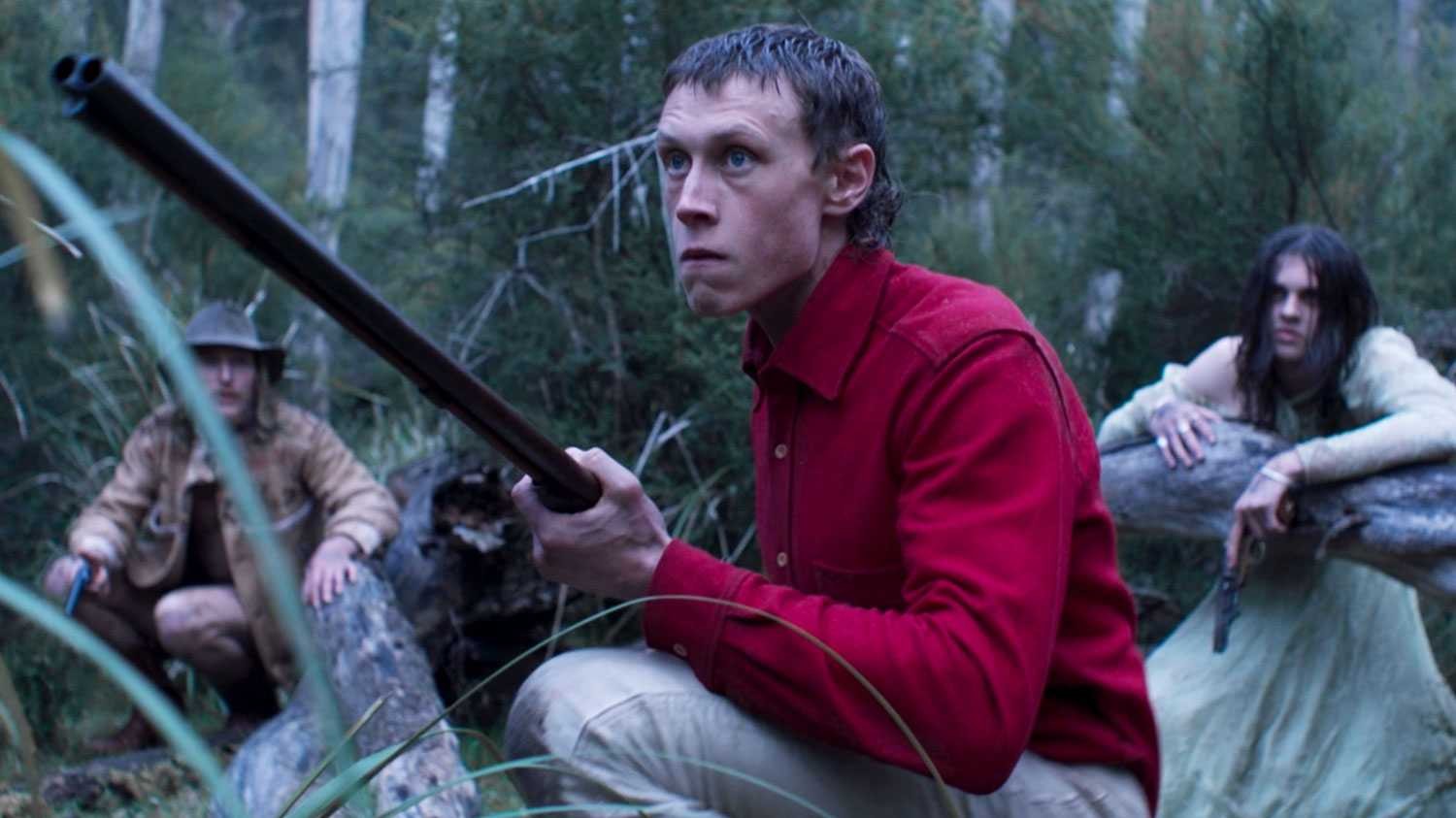True History of the Kelly Gang
True History of the Kelly Gang, 2020, 2 ¼ stars
Kelly Gang returns
Cinema history revisited in brutal, anachronistic fashion
From The Orlando Weekly, April 24, 2020
It all began with the Kelly Gang in 1906. The cinema had been launched 11 years earlier when the Lumière Brothers debuted their Cinématographe in Paris, but it was Australian director Charles Tait who created the first feature-length film, The Story of the Kelly Gang.
In 1906, there was no distinction between a short and a feature. Films were measured in reels. But Tait’s movie – at around one hour, depending on how fast you cranked it – was the longest ever produced and the oldest to fit the modern Academy definition of a “feature” (more than 40 minutes). Sadly, all but 17 minutes are lost. But the Kelly Gang itself isn’t, thanks to roughly a dozen other movies touting the exploits of Ned Kelly, Australia’s most famous criminal bushranger, in the 1870s and 1880s.
While Australian director Justin Dallas Kurzel’s True History of the Kelly Gang is just the latest in this cinematic legacy, it’s arguably the most visceral and brutal. Though much of that brutality befits its subject – a polarizing figure seen by some as a folk hero but viewed by others as a savage madman – one can’t shake the feeling that the film’s barbarity exists more to buoy its style than its subject. For instance, you’d be hard-pressed to find a film with a more in-your-face combination of blood and the words “fuck” and “cunt” than this one, especially for a period piece. It’s a ferociously unpleasant experience, despite a sort of savage beauty. And your own appreciation of its odd, anachronistic aesthetic – not to mention gender-bending sexuality – will depend on just how much artistic ferocity you can stand.
Despite the strange title, this is not a docudrama of Ned Kelly and his family and friends. Instead, the film is based on the 2000 novel by Australian writer Peter Carey. And, oddly, the film even acknowledges its literary license right off the bat by proclaiming at the opening, “Nothing you’re about to see is true.”
Frankly, I’m not sure what Kurzel is attempting with this flourish, especially because most of the core story actually is true. Perhaps he is simply flirting with a playful metatheatricality, in the vein of Fargo. Indeed, that theme is revisited repeatedly, such as when Kelly advises that his young son – to whom he narrates much of the film, in letter form – should not “confuse fiction and fact.”
This tug between real and make-believe never lets up and could be seen as the film’s central conceit, upstaging the actual story, which often lacks clarity and focus. Little moments get lost in the choppy scenes and overwhelmed by the swirling camera, cacophony of sound and mumbled (dialect-rich) dialogue. Most distractingly, the film features long stretches in which everyone is either yelling or whispering. And through it all, the existential commentary continues.
“I don’t right know what I am,” Kelly complains while at the same time proclaiming, “Every man should be the author of his own history.”
As Kelly, George MacKay exudes the same screen presence that held us spellbound in 1917. But his performance is hampered by Shaun Grant’s script, which allows him little character arc. Kelly’s most interesting transformations take place instead during the film’s first third, in which his 12-year-old incarnation is played by the superb Orlando Schwerdt, in his feature debut. That section of the movie is also bolstered by an intriguing turn by Russell Crowe as an early and murderous influence on Kelly. Nicholas Hoult (a British constable pursuing Kelly), Essie Davis (Kelly’s mother) and Thomasin McKenzie (Kelly’s young lover) are also effective, but it’s the latter (who played the young Jewish girl in Jojo Rabbit) whom the camera loves most.
As Kelly has done for 140 years, this film will polarize people. It even polarized me, which I’m not sure is technically possible in someone sans split-personality disorder. Nevertheless, my dislike for the film’s storytelling and tone is tempered by my respect for its craft. You might not like it either, but you must acknowledge it, as historians do Kelly.
© 2020 Euclid Media / MeierMovies, LLC
The film is streaming and playing a handful of drive-in theaters, starting April 24.
